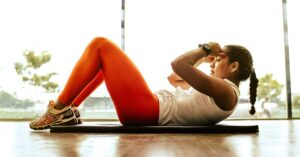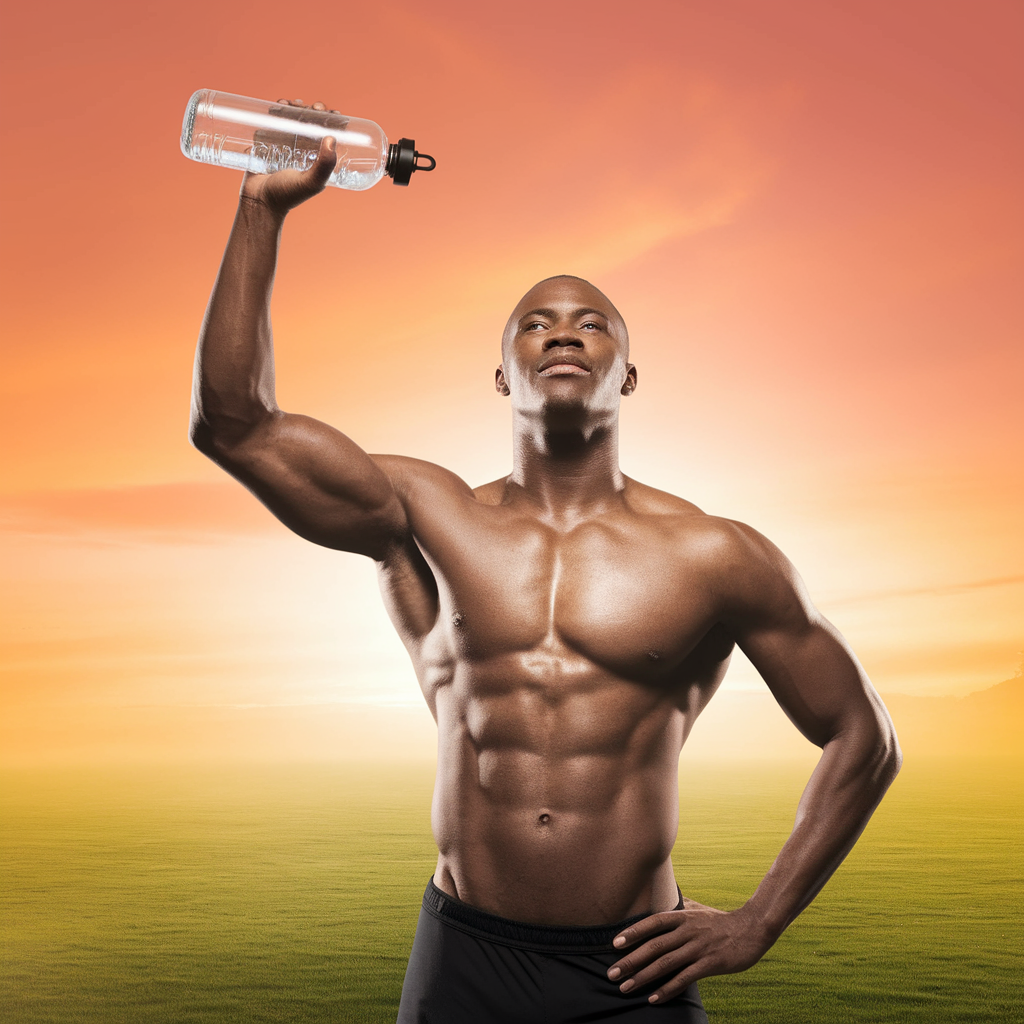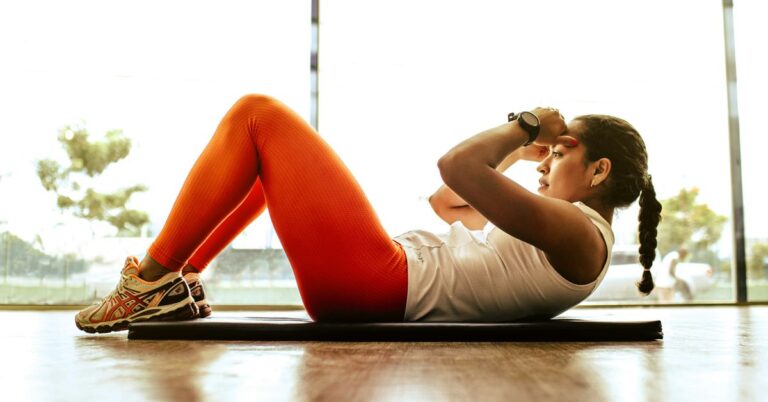Exploring the Importance of Hydration in Athletic Performance
When it comes to athletic performance, hydration often takes a backseat in conversations dominated by diets, training regimens, and the latest fitness gadgets. But let’s be honest here—no matter how sleek your running shoes are or how perfectly you’ve meal-prepped, if you’re dehydrated, you might as well be trying to run a marathon in flip-flops. Hydration is the unsung hero of athletic success, and understanding its critical role can make the difference between winning and merely participating.
The Science Behind Hydration
Hydration is about more than just quenching your thirst. It plays a crucial role in nearly every bodily function, especially during physical activity. Water comprises about 60% of the human body, and it’s essential for regulating temperature, lubricating joints, and transporting nutrients. It’s like the oil in a finely-tuned machine—without it, everything grinds to a halt.
Studies show that even mild dehydration (around 1-2% loss of body weight) can lead to decreased performance, affecting everything from endurance and strength to cognitive function. Think about it: have you ever tried to think clearly after a long workout without water? It’s like trying to solve a Rubik’s Cube while wearing mittens.
Why Do Athletes Need More Water?
Athletes have a higher fluid requirement than sedentary individuals due to several factors:
- Increased Sweat Loss: During intense training or competition, athletes can lose several liters of sweat, depending on the intensity and duration of the activity. This not only depletes water but also electrolytes.
- Higher Body Temperature: Physical exertion raises body temperature, making hydration even more critical to prevent overheating.
- Increased Metabolism: Exercise increases metabolic rate, which can lead to additional water loss through respiration and urine.
For instance, marathon runners often aim to consume 500-1000 ml of fluid for every hour of racing, depending on the conditions. It’s a staggering amount—imagine lugging around an extra bottle of soda for 26.2 miles just to stay hydrated!
Signs of Dehydration
So how do you know if you’re properly hydrated? Here are some classic signs of dehydration to watch for:
- Thirst: This one’s obvious—but it’s often a late indicator. If you’re thirsty, you’re likely already mildly dehydrated.
- Dark Urine: If your urine resembles apple juice rather than lemonade, it’s time to hydrate.
- Fatigue: Feeling unusually tired or sluggish? Dehydration can sap your energy.
- Dizziness or Lightheadedness: This is your body’s way of telling you, “Hey, I need some water!”
And let’s not forget that cramping can also be a sign of dehydration. I recall watching a basketball game where a player suddenly seized up mid-dribble—talk about an awkward moment. Turns out, he hadn’t had a sip of water in hours! Definitely not the best way to make a highlight reel.
The Right Types of Hydration
Now, before you guzzle down a gallon of water, let’s talk about the types of fluids that can help or hinder your performance. Not all hydration is created equal!
Water: The Gold Standard
For most athletes, plain old water is typically the best choice for hydration, especially for workouts lasting less than an hour. It’s calorie-free, readily available, and does the job beautifully. However, just like the perfect pair of shoes, it’s essential to know when to switch things up.
Sports Drinks: A Double-Edged Sword
For extended workouts or hot weather, sports drinks can be beneficial. These beverages contain electrolytes (like sodium and potassium) that help replenish what you lose through sweat. But—and this is a big but—many popular sports drinks also pack a hefty punch of sugar. So, while they can boost your energy during a marathon, they can also contribute to unwanted calories if you’re not careful. It’s a bit like choosing between a slice of cake and a carrot; one may taste better, but it’s the long-term effects that matter.
Coconut Water and Other Alternatives
Some athletes swear by coconut water as a natural alternative to sports drinks. It’s lower in calories and sugar while still providing essential electrolytes. However, it’s not a one-size-fits-all solution; some find the taste a bit… well, “tropical” for their liking. (I mean, I love a good piña colada, but not during my 5K training!)
When to Hydrate
Timing is everything when it comes to hydration. It’s not just about drinking enough fluids during the event; it’s also about pre- and post-hydration. Here’s a little breakdown:
- Before Exercise: Aim to drink 16-20 ounces of water at least four hours before exercising.
- During Exercise: For workouts lasting longer than an hour, consider drinking 7-10 ounces of fluid every 10-20 minutes.
- After Exercise: Replenish lost fluids by consuming 16-24 ounces of fluid for every pound lost during exercise. (Don’t forget to weigh yourself pre- and post-workout!)
I remember a coach who would always say, “Hydrate like your performance depends on it—because it does!” Wise words in a world full of distractions.
Hydration Strategies for Different Sports
Different sports come with different hydration needs. Let’s take a closer look at how various athletes approach hydration:
Endurance Sports
For long-distance runners, cyclists, and triathletes, hydration strategies can be quite elaborate. Many athletes use hydration packs or belts that allow them to sip continuously while on the move. Some elite marathoners even practice sipping on their electrolyte-rich drinks at specific intervals during training to ensure their bodies are prepared for race day.
Team Sports
In team sports like soccer or basketball, hydration often takes place during timeouts or halftime. Coaches sometimes have hydration stations loaded with various drinks, ensuring players can find what works for them. It’s a chaotic scene, but you can bet that those who manage to hydrate effectively will likely perform better than those who don’t.
Strength Sports
For weightlifters and bodybuilders, hydration can often be overlooked. However, it’s equally important for muscle function, recovery, and overall performance. Some athletes may use hydration as a strategy to increase their strength—the more hydrated you are, the better your muscles can perform. I once saw a bodybuilder pause mid-set to chug a protein shake, and I thought—“Isn’t that a bit much?” But hey, if it works for him, who am I to judge?
Hydration Myths Debunked
As with most topics in the health and fitness world, hydration is not without its share of myths. Let’s set the record straight on a few common misconceptions:
Myth 1: You Only Need to Drink Water When You’re Thirsty
While thirst can be a good indicator, it’s not always reliable. By the time you feel thirsty, you may already be dehydrated. It’s better to take a proactive approach—sip water throughout the day, even when you don’t feel parched.
Myth 2: Caffeinated Drinks Dehydrate You
This one’s a bit tricky. While caffeine can have a mild diuretic effect, research suggests that moderate consumption (like a cup of coffee) does not significantly contribute to dehydration. In fact, those who regularly consume caffeine tend to have a similar hydration status as non-caffeine drinkers. So, your morning coffee isn’t going to leave you in a desert.
Myth 3: Drinking Excess Water is Safe
While staying hydrated is crucial, it’s also possible to drink too much water. Water intoxication, or hyponatremia, can occur when sodium levels in the body become dangerously low. Symptoms can include nausea, headache, and confusion. So, when your friend insists on downing a gallon of water every hour, maybe gently suggest moderation? (Unless they’re training for a swimming marathon, in which case, all bets are off!)
Conclusion: Make Hydration Your MVP
As we draw this exploration of hydration to a close, it’s clear that water is an athlete’s best friend. Whether you’re a weekend warrior or a seasoned pro, understanding the importance of hydration can greatly enhance your performance and overall well-being. Remember, hydration isn’t just about drinking enough—it’s about drinking smart.
So, the next time you lace up your sneakers or gear up for a game, don’t forget to hydrate like your performance depends on it. Because, in the grand scheme of athletic success, it truly does. And who knows? Maybe that little extra effort will be the difference between finishing strong or just finishing. Cheers to hydration!









